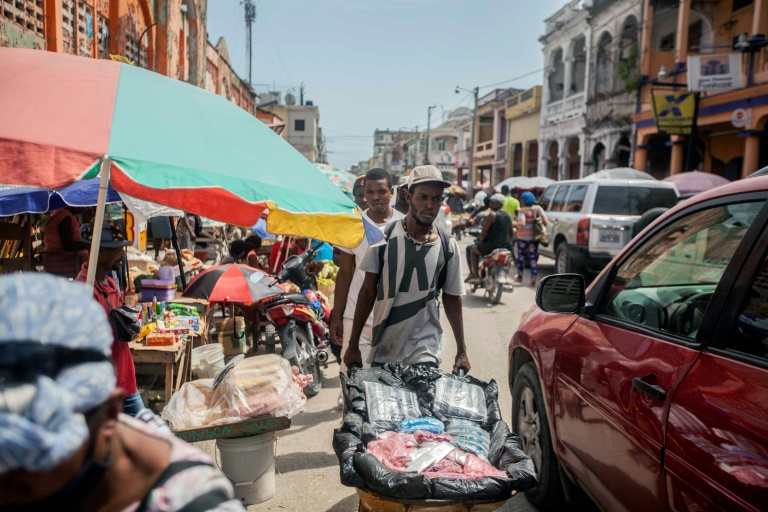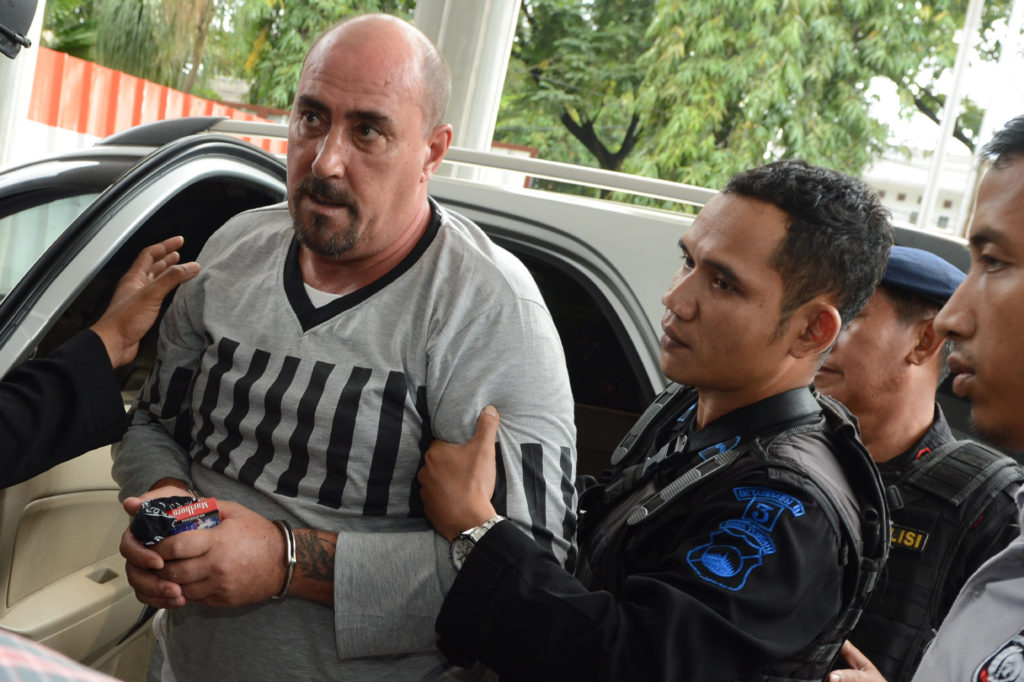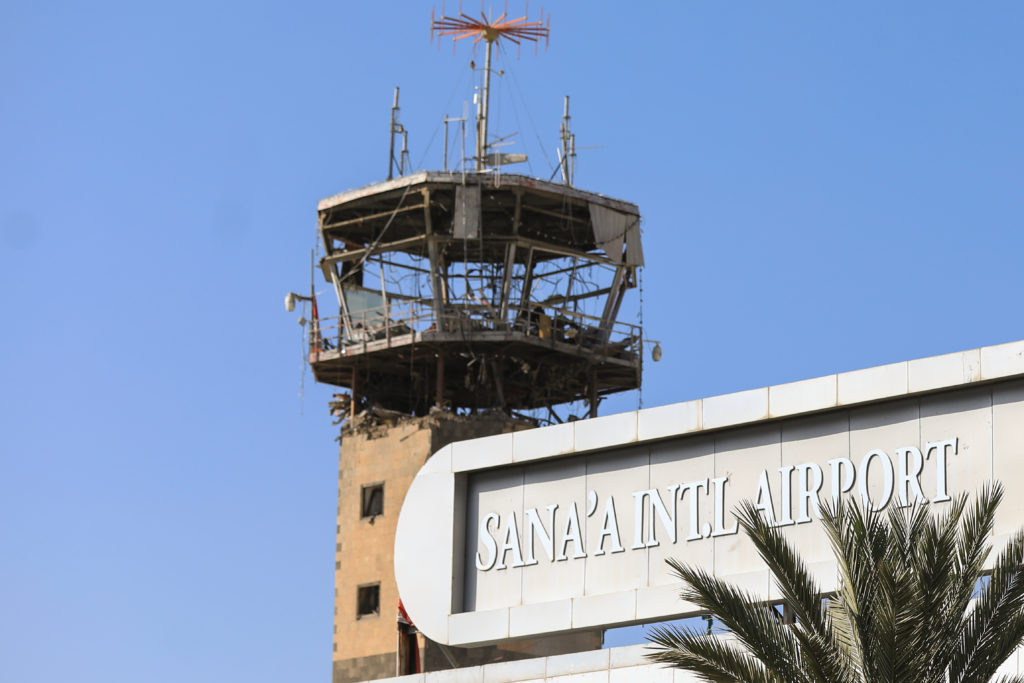Haiti sunk deeper into confusion and fear Wednesday, a day after the Port-au-Prince prosecutor was sacked for requesting the indictment of the prime minister on suspicion of involvement in the assassination of President Jovenel Moise.
The country has been rudderless and beset by a worsening humanitarian and political crisis since an armed hit squad killed the president on July 7, a crisis only worsened by a deadly earthquake a month later.
– Prime Minister in hot seat –
Moise’s last political act was to appoint Ariel Henry as head of government as prime minister. But even before the funeral of the head of state, a standoff had erupted between Henry and his former interim predecessor, Claude Joseph.
Amid pressure from various countries, tensions seemed to ease, with politicians in Port-au-Prince unanimously demanding that those responsible for the president’s slaying be brought to justice. Henry solemnly pledged to do so.
But over the following weeks, the new premier proved incapable of keeping another promise: to create a climate conducive to the organization of fresh elections.
Worse, Henry is now suspected of having had telephone exchanges in the hours after the attack with one of the main suspects of the president’s assassination. Henry has swept away the accusation without any response, other than dismissing the prosecutor who leveled the accusations against him.
– Power vacuum –
The abrupt presidential void since July 7 was a final blow for Haitian democracy. Moise had not held any elections since coming to power in 2017, and as a result Haiti now has only 10 elected officials.
Members of parliament left their seats in January 2020, leaving only a third of the Senate as the sole symbolic guarantor of legislative power. But they lacked any ability to legislate or control the actions of a government whose legitimacy was contested.
Moise, criticized by the opposition for authoritarian overreach, also weakened the justice system by not appointing new judges to the higher ranks of the judiciary.
In February, after denouncing an attempted coup, the late president illegally forced three judges on the Appeals Court into retirement. Lacking sufficient members to convene, the highest court of justice in the country is now paralyzed.
– No referee in sight –
With a hollowed-out political class, any interim management of Haiti is now adrift.
After dozens of military coups, Haiti demobilized its army in 1995, but it was reconstituted by Moise in 2015. It still has only about 500 members, mostly engineers more capable of tackling natural disasters than any foreign foes.
The ranks of the National Police force may have grown since its foundation in 1995, but it still has fewer than 20,000 officers serving a crime-wracked country of 10 million, and has been shaken by internal disputes
The force has also seen its credibility undermined by the fact that no police officer protecting the president was even injured during the assassination.
Over the past five years, the United Nations has steadily reduced its presence in the Caribbean country. The UN first withdrew its peacekeepers — sent in 2004 after the ouster of President Jean-Bertrand Aristide — in 2017, and then in 2019 wound up its police mission.
And Haiti’s modern troubles come barely a decade after a 2010 earthquake killed some 200,000 people and a subsequent cholera outbreak killed another 10,000.
Foreign diplomats have observed all this with a silence that speaks volumes. Even if any informal exchanges have been organized with the Haitian political class, no official note on the crisis has been issued by the Core Group, made up of representatives of the United Nations, the European Union and the Organization of American States, as well as various embassies, since July 17.
– Poverty, insecurity, earthquake –
At a time when most Haitians struggle to put food on the table, widespread insecurity is hindering any prospect of economic recovery.
Heavily armed gangs control several suburbs of the capital, from where they carry out kidnappings with impunity and regularly block all access to the only oil terminals in the country.
Finally, a month after the earthquake that devastated southwestern Haiti and killed more than 2,200 people, some 650,000 Haitians, including 260,000 children and adolescents, continue to need emergency humanitarian aid, Unicef said Tuesday.









